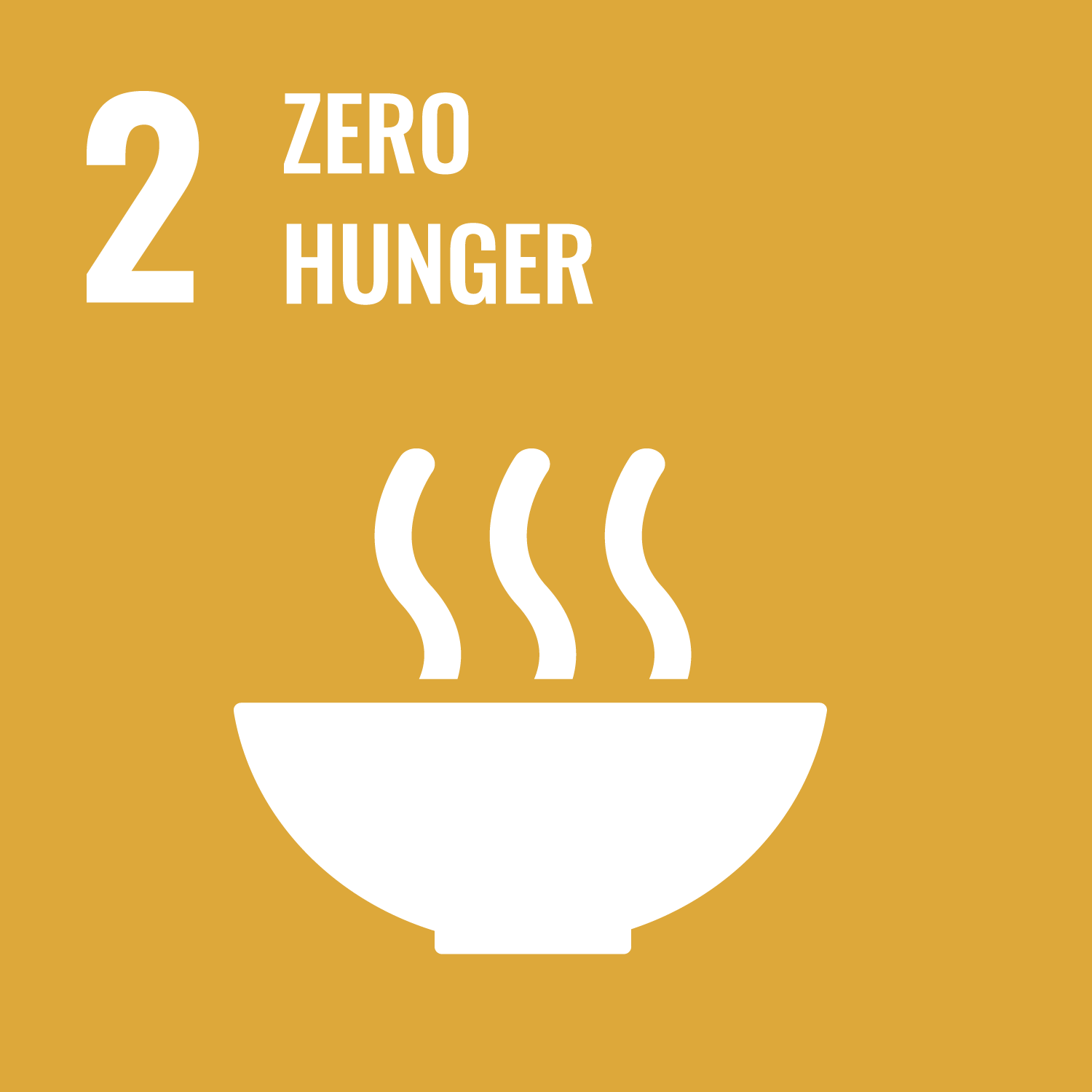Lowe, N.M., Zaman, M., Moran, V.H. et al. (13 more authors) (2020) Biofortification of wheat with zinc for eliminating deficiency in Pakistan: study protocol for a cluster-randomised, double-blind, controlled effectiveness study (BIZIFED2). BMJ Open, 10 (11). e039231. ISSN: 2044-6055
Abstract
Introduction Micronutrient deficiencies, commonly referred to as ‘hidden hunger’, affect more than two billion people worldwide, with zinc and iron-deficiency frequently reported. The aim of this study is to examine the impact of consuming zinc biofortified flour (Zincol-2016) on biochemical and functional measures of status in adolescent girls and children living in a low-resource setting in Pakistan.
Methods and analysis We are conducting a pragmatic, cluster-randomised, double-blind, controlled trial. A total of 482 households have been recruited from two catchment areas approximately 30–40 km distance from Peshawar. Household inclusion criteria are the presence of both an adolescent girl, aged 10–16 years, and a child aged 1–5 years. The study duration is 12 months, divided into two 6-month phases. During phase 1, all households will be provided with locally procured flour from standard varieties of wheat. During phase 2, clusters will be paired, and randomised to either the control or intervention arm of the study. The intervention arm will be provided with zinc biofortified wheat flour, with a target zinc concentration of 40 mg/kg. The control arm will be provided with locally procured wheat flour from standard varieties with an expected zinc concentration of 20 mg/kg. The primary outcome measure is plasma zinc concentration. Secondary outcomes include anthropometric measurements, biomarkers of iron and zinc status, and the presence and duration of respiratory tract infections and diarrhoea.
Ethics and dissemination Ethical approval was granted from the University of Central Lancashire STEMH Ethics Committee (reference number: STEMH 1014) and Khyber Medical University Ethics Committee (DIR/KMU-EB/BZ/000683). The final study methods will be published in peer-reviewed journals, alongside the study outcomes. In addition, findings will be disseminated to the scientific community via conference presentations and abstracts and communicated to the study participants through the village elders at an appropriate community forum.
Metadata
| Item Type: | Article |
|---|---|
| Authors/Creators: |
|
| Copyright, Publisher and Additional Information: | © Author(s) (or their employer(s)) 2020. This is an open access article under the terms of the Creative Commons Attribution License (CC-BY-NC 4.0). |
| Dates: |
|
| Institution: | The University of Leeds |
| Academic Units: | The University of Leeds > Faculty of Environment (Leeds) > School of Food Science and Nutrition (Leeds) |
| Date Deposited: | 17 Oct 2025 09:04 |
| Last Modified: | 17 Oct 2025 09:04 |
| Status: | Published |
| Publisher: | BMJ |
| Identification Number: | 10.1136/bmjopen-2020-039231 |
| Related URLs: | |
| Sustainable Development Goals: | |
| Open Archives Initiative ID (OAI ID): | oai:eprints.whiterose.ac.uk:233122 |


 CORE (COnnecting REpositories)
CORE (COnnecting REpositories) CORE (COnnecting REpositories)
CORE (COnnecting REpositories)